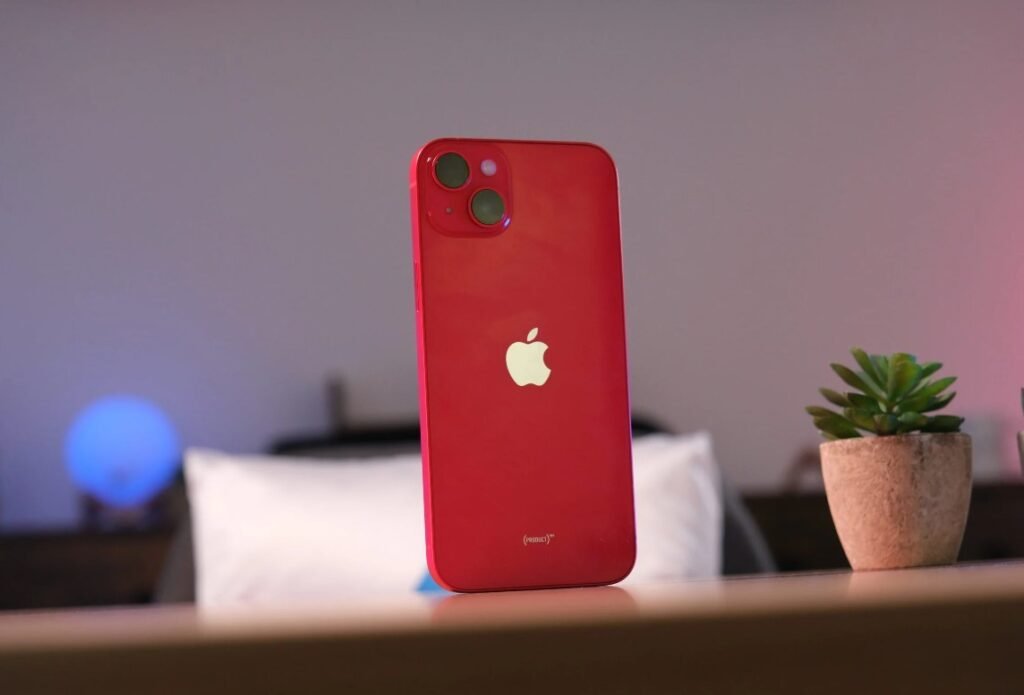Apple, the tech giant known for its innovative products and services, is reportedly working on a new version of Siri, its voice assistant, that will be powered by artificial intelligence (AI). According to a report by Business Insider, Apple is developing a range of features that use generative AI, a type of AI that can create new content such as text, images, or audio.
What is Generative AI and Why is Apple Interested in It?
Generative AI is a branch of AI that uses large datasets and deep learning models to generate new content that is similar to the original data. For example, generative AI can create realistic images of faces, animals, or landscapes that do not exist in reality, or write coherent texts based on a given topic or prompt.
Generative AI has many potential applications in various domains, such as entertainment, education, health care, and business. For instance, generative AI can be used to create personalized music playlists, generate captions for photos or videos, synthesize speech or voices, or design logos or graphics.
Apple is interested in generative AI because it can enhance its products and services with more natural and engaging user experiences. For example, generative AI can make Siri more conversational and responsive, as well as more capable of handling complex tasks and queries. Generative AI can also improve the functionality and performance of other Apple apps and features, such as Messages, Music, Pages, Keynote, and Xcode.

How is Apple Developing Its Generative AI Technology?
Apple has been relatively quiet about its AI efforts compared to its competitors like Meta (formerly Facebook), Microsoft, and Google. However, the company has been investing heavily in AI research and development, spending about $1 billion per year. Apple has also hired top AI experts and acquired several AI startups in recent years.
Apple’s senior vice president of machine learning and AI strategy, John Giannandrea, and senior vice president of software engineering Craig Federighi are leading the company’s generative AI projects. Giannandrea’s team is working on developing new AI systems and models that can power a smarter version of Siri. Federighi’s team is integrating these AI systems into the next major version of iOS, which is expected to launch next year.
According to Bloomberg, Apple is also working on its own large language model (LLM), which is a type of generative AI model that can process and generate natural language. Apple’s LLM is codenamed Ajax, and it has been used to create an internal chatbot tool that some employees call “Apple GPT”, referring to OpenAI’s popular GPT-3 model.
What are the Benefits and Challenges of Generative AI for Apple?
Generative AI can offer many benefits for Apple and its users. For example, generative AI can make Siri more intelligent and versatile, allowing it to handle more diverse and complex requests from users. Generative AI can also enable Siri to generate more natural and personalized responses, as well as more creative and entertaining content. For instance, Siri could create poems, stories, jokes, or songs based on user preferences or inputs.
Generative AI can also enhance other Apple apps and features with more functionality and convenience. For example, generative AI can help users write faster and better with auto-completion and suggestions in Messages or Pages. Generative AI can also help users create more impressive presentations or graphics with auto-generated slide decks or designs in Keynote or Xcode.
However, generative AI also poses some challenges and risks for Apple. One of the main challenges is how to balance the trade-off between privacy and performance. Apple is known for its strong commitment to user privacy and security, which means that it prefers to run its AI models on-device rather than on the cloud. However, on-device AI may have some limitations in terms of speed, accuracy, and functionality compared to cloud-based AI.
Another challenge is how to ensure the quality and reliability of the generated content. Generative AI models may sometimes produce inaccurate, inappropriate, or harmful content that could mislead or offend users. For example, generative AI models may generate false or biased information, offensive or hateful language, or plagiarized or infringing content. Therefore, Apple needs to implement strict quality control and moderation mechanisms to prevent such issues.
When Will We See the New Siri with Generative AI?
Apple has not officially announced any details about its generative AI plans or projects. However, according to Business Insider, Apple may launch the new version of Siri with generative AI as soon as next year. However, the timeline may change depending on the progress and challenges of the development process.
Apple may also introduce some other features that use generative AI in its upcoming iOS update. For example, Apple may improve the interaction between Siri and the Messages app with more natural language processing and generation capabilities. Apple may also add some generative AI features to its music, productivity, and development apps, such as auto-generated playlists, captions, or code.
Apple’s generative AI efforts are part of its broader strategy to innovate and compete in the fast-growing and dynamic AI market. By leveraging generative AI, Apple hopes to create more engaging and personalized user experiences, as well as more functional and powerful products and services.
